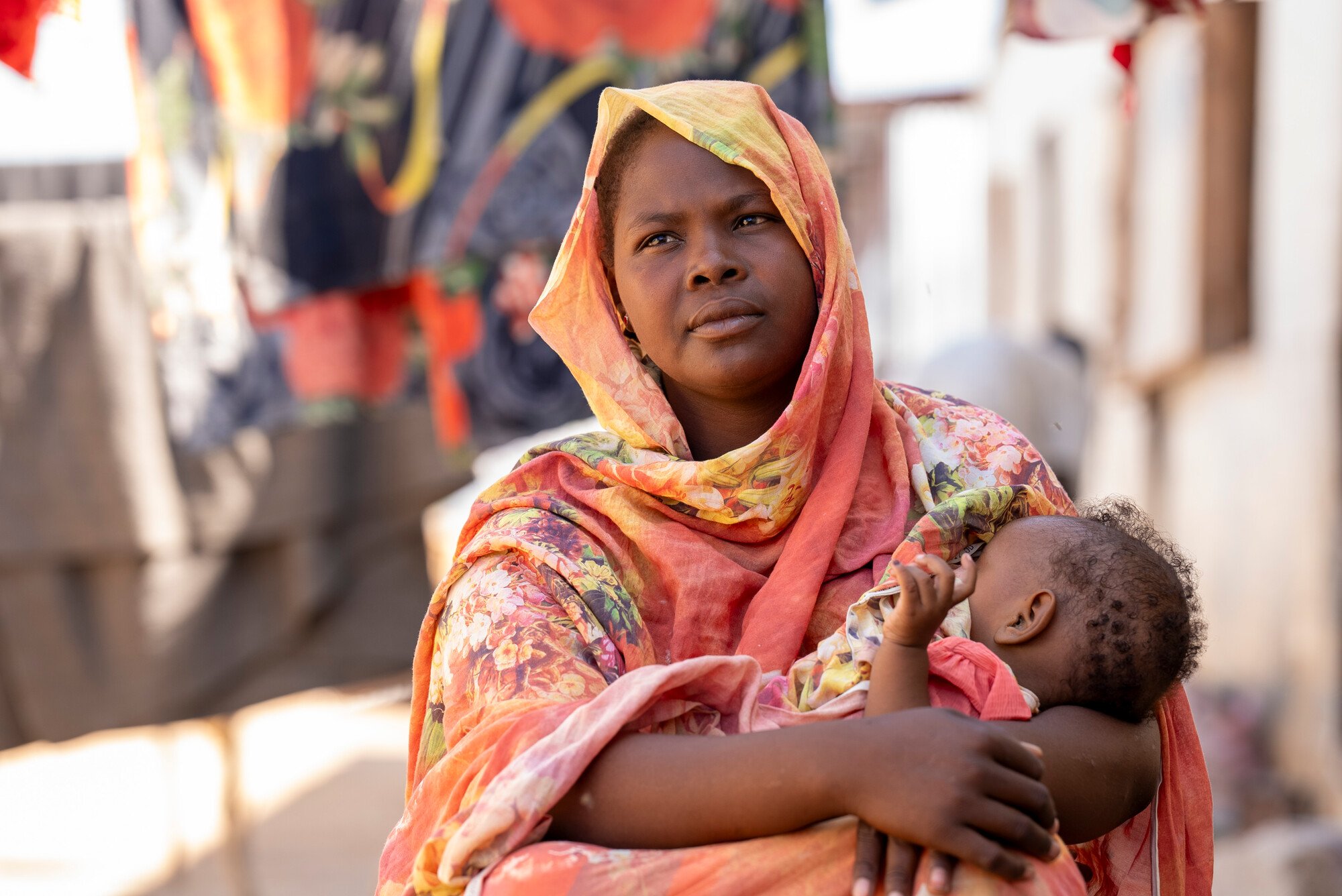In the face of great danger, singing a song can make a difference. That’s what Oxfam is teaching young students in areas near Damascus, Syria, as part of a campaign to improve hygiene, reduce water-borne disease, and preserve clean water.
The song is about the right way to wash your hands, an essential hygiene practice. Amani, a 10-year-old student in a rural Damascus school, learned the song and says, “Now I know why [I need] to wash my hands properly, and the song will help me remember the best way to wash.”
This week marks seven years of brutal conflict in Syria. At least 400,000 Syrians have been killed and more than 13 million are in desperate need of humanitarian aid, including nearly 400,000 people trapped in besieged areas such as Eastern Ghouta, outside Damascus.
Water and proper hygiene
As part of Oxfam's work to improve access to water and sanitation, Oxfam brought an interactive campaign about the importance of water conservation and good hygiene to 49 schools across rural Damascus, reaching nearly 27,000 girls and boys aged 10 to 12. They discussed how clean water is important to stay healthy, and what happens if it runs out.
Across Syria, only two-thirds of homes are connected to the water network, and supply can often be intermittent. Many families rely on private wells, and in some cases on water brought by Oxfam and other organizations by truck.
Children drew posters to express how important clean water is in their lives. They also had an interactive discussion with Oxfam volunteers about the causes of water pollution and the easiest way to sterilize water at home.
And they learned a song to help them remember the most effective way to wash their hands.
Manal, 10, says water can be scarce. “Many families can’t get water easily, so it is important to save every drop we can.”
Oxfam helped set up student-led water health clubs to ensure that this approach will be preserved in schools even after the campaign ends.
At the end of the session, children received a coloring book, a certificate, and pledged to be a “friend of water.” They are now taking back what that learned to family and friends.
Ongoing training
This is the second time Oxfam has trained students. In 2017, Oxfam carried out a hygiene promotion campaign in 65 schools in Damascus, benefiting about 13,522 boys and girls also aged between 10 and 12.
In Syria, Oxfam is focusing on rehabilitating the water infrastructure, including repairing wells, water trucking and providing an alternative power source for operating water pumping stations during the regular power cuts.
We are distributing hygiene kits, water bottles, and blankets. We have also started providing emergency bread and warm weather clothing in collaboration with a local nongovernmental organization that distributes these goods. We also work in neighboring Jordan and Lebanon, where millions of Syrian refugees are living.
In Syria, Jordan, and Lebanon, we are helping more than 2 million people with lifesaving clean water, sanitation, and vital food aid, as well as helping refugees make a living and protecting them from violence and abuse.
The names of the students in this story were changed.
You can help families in Syria and those fleeing the conflict to other countries with a donation to support Oxfam's work.












